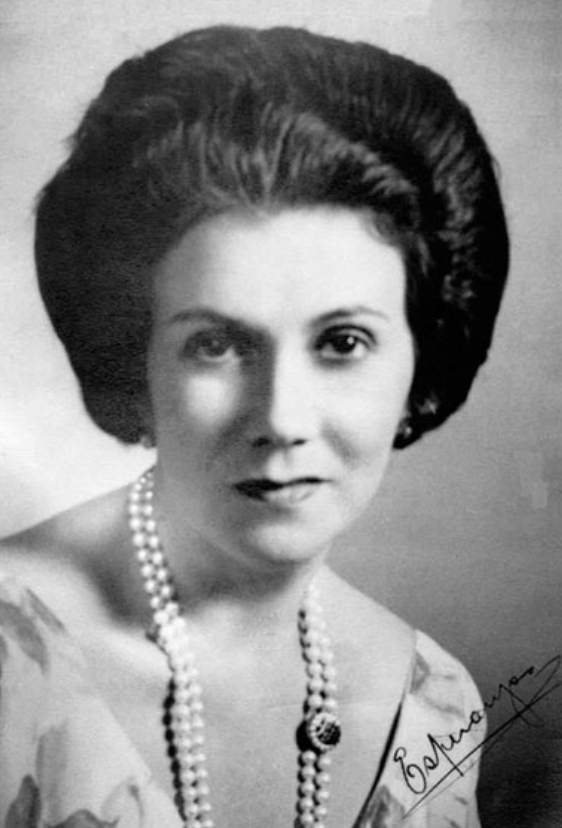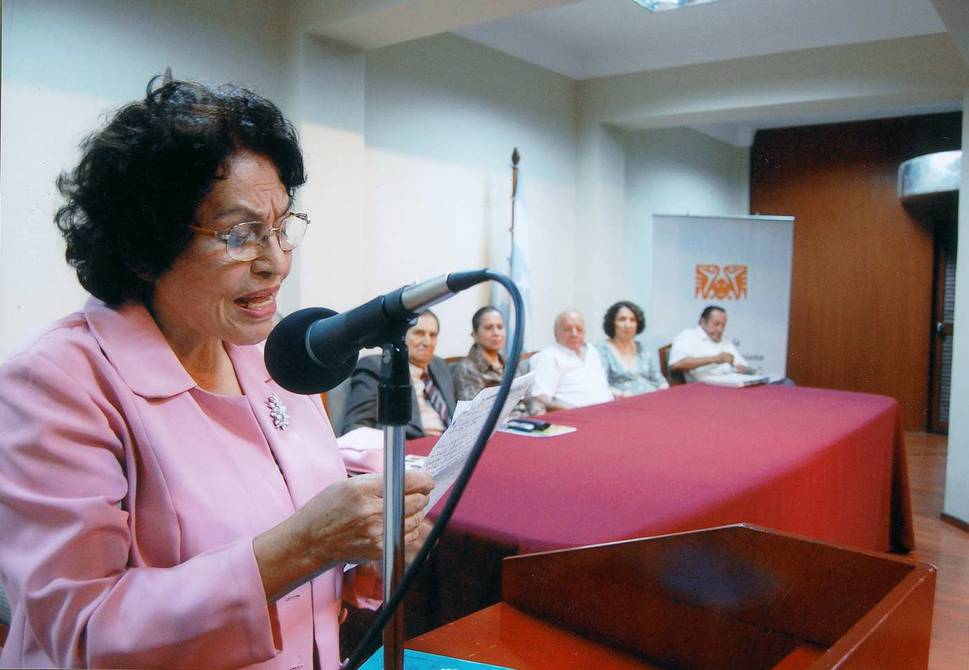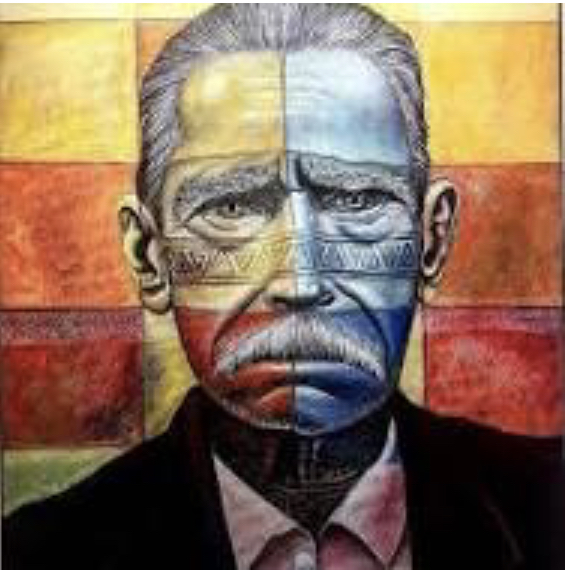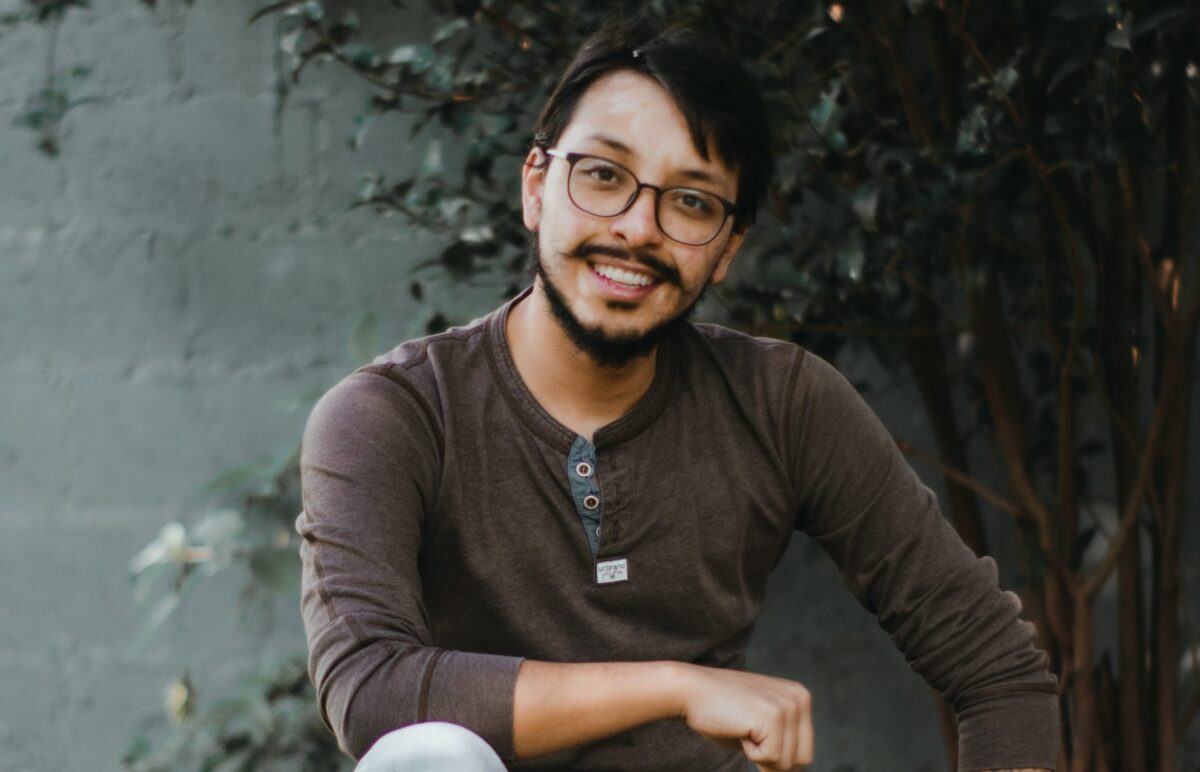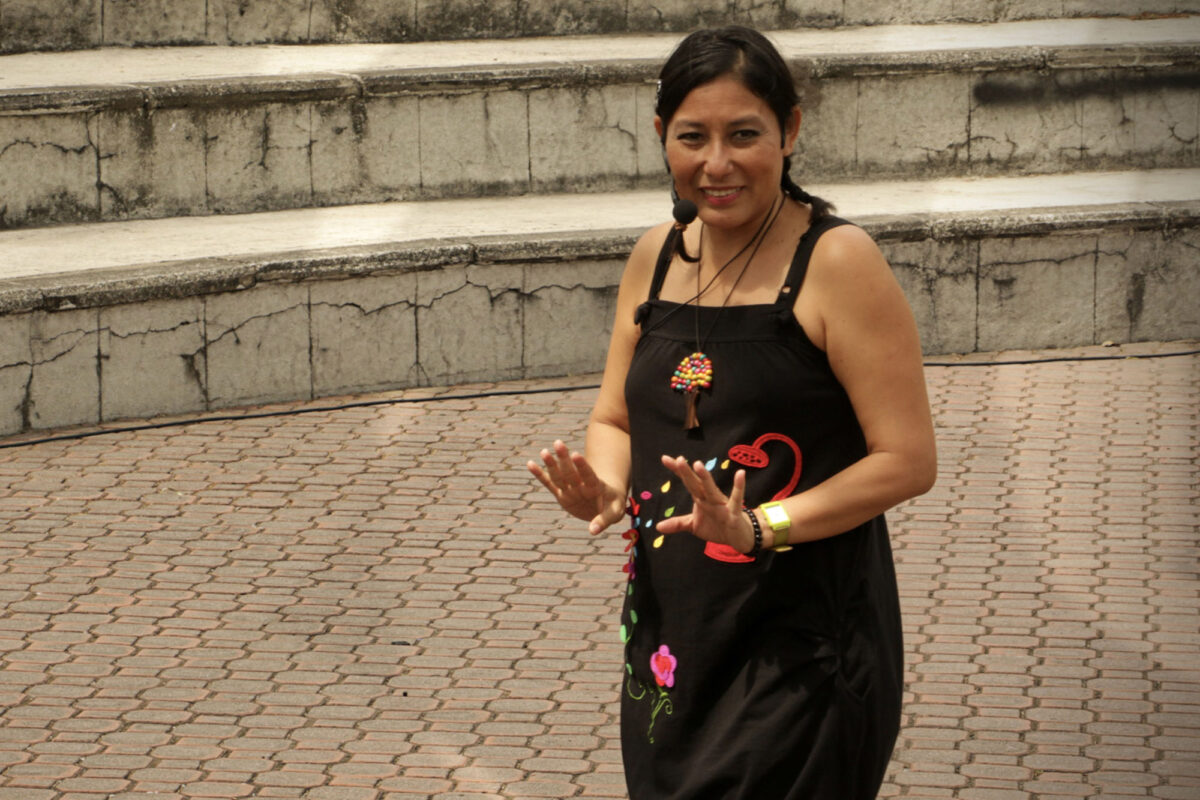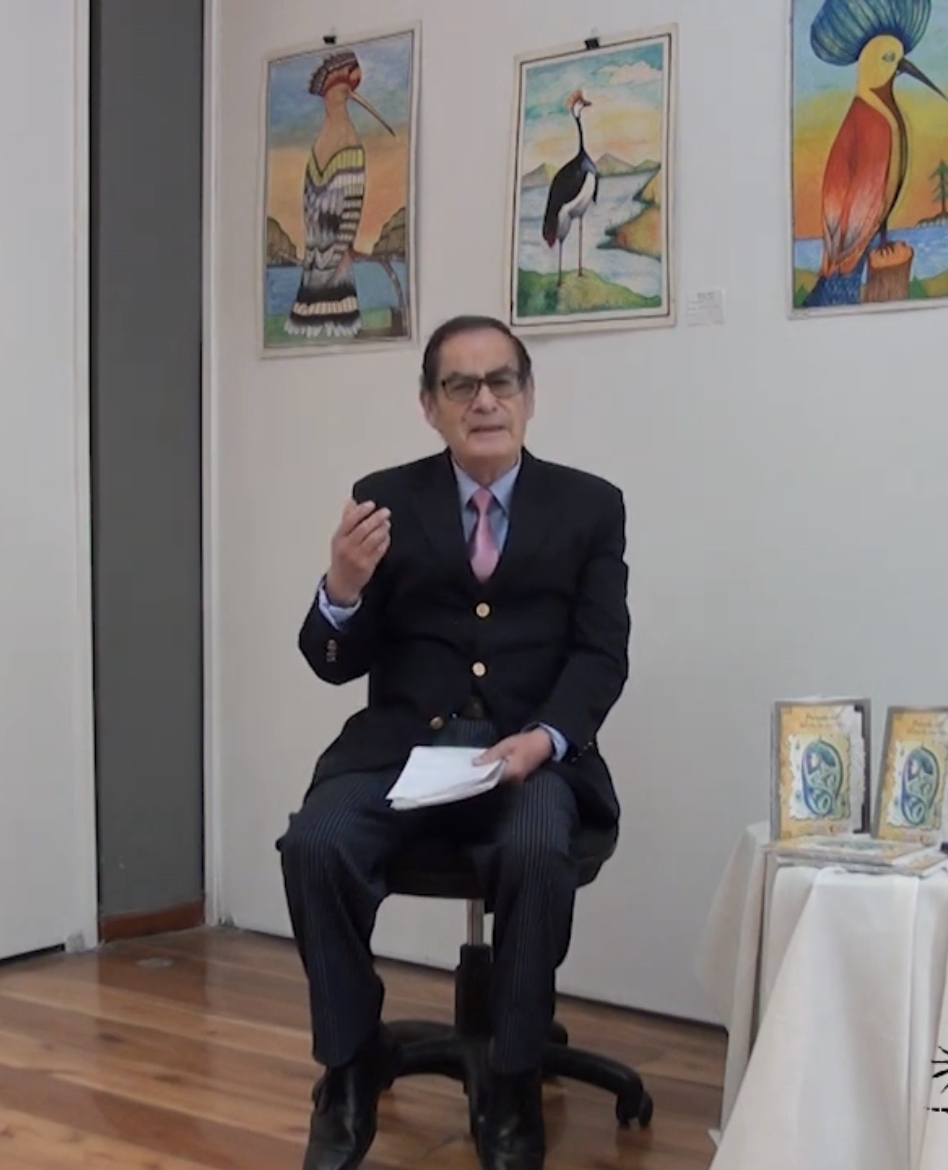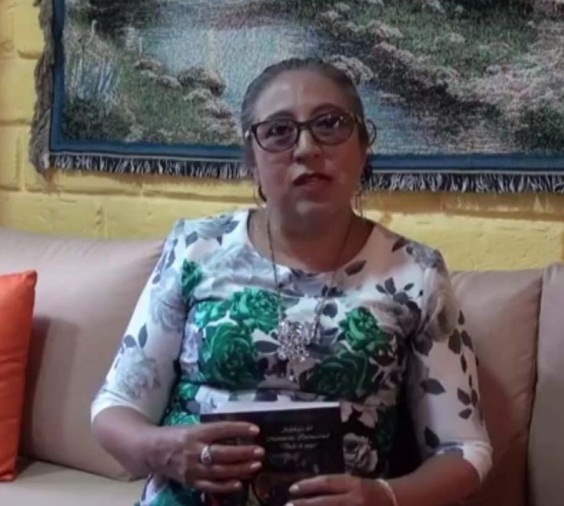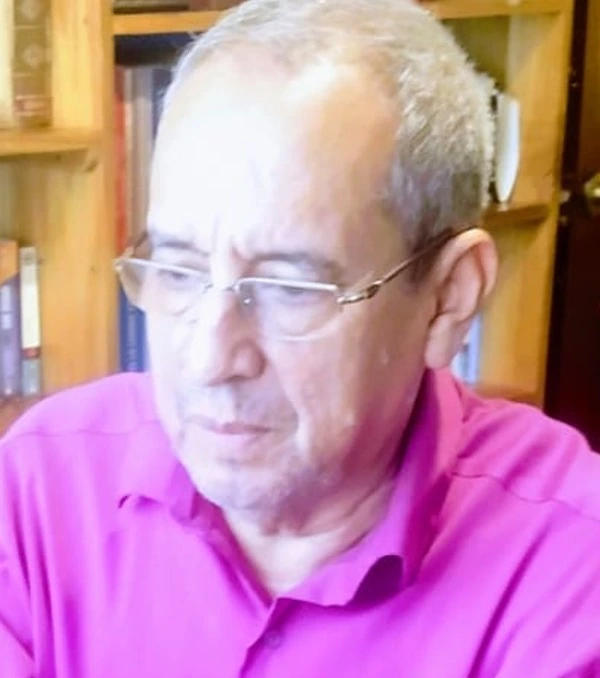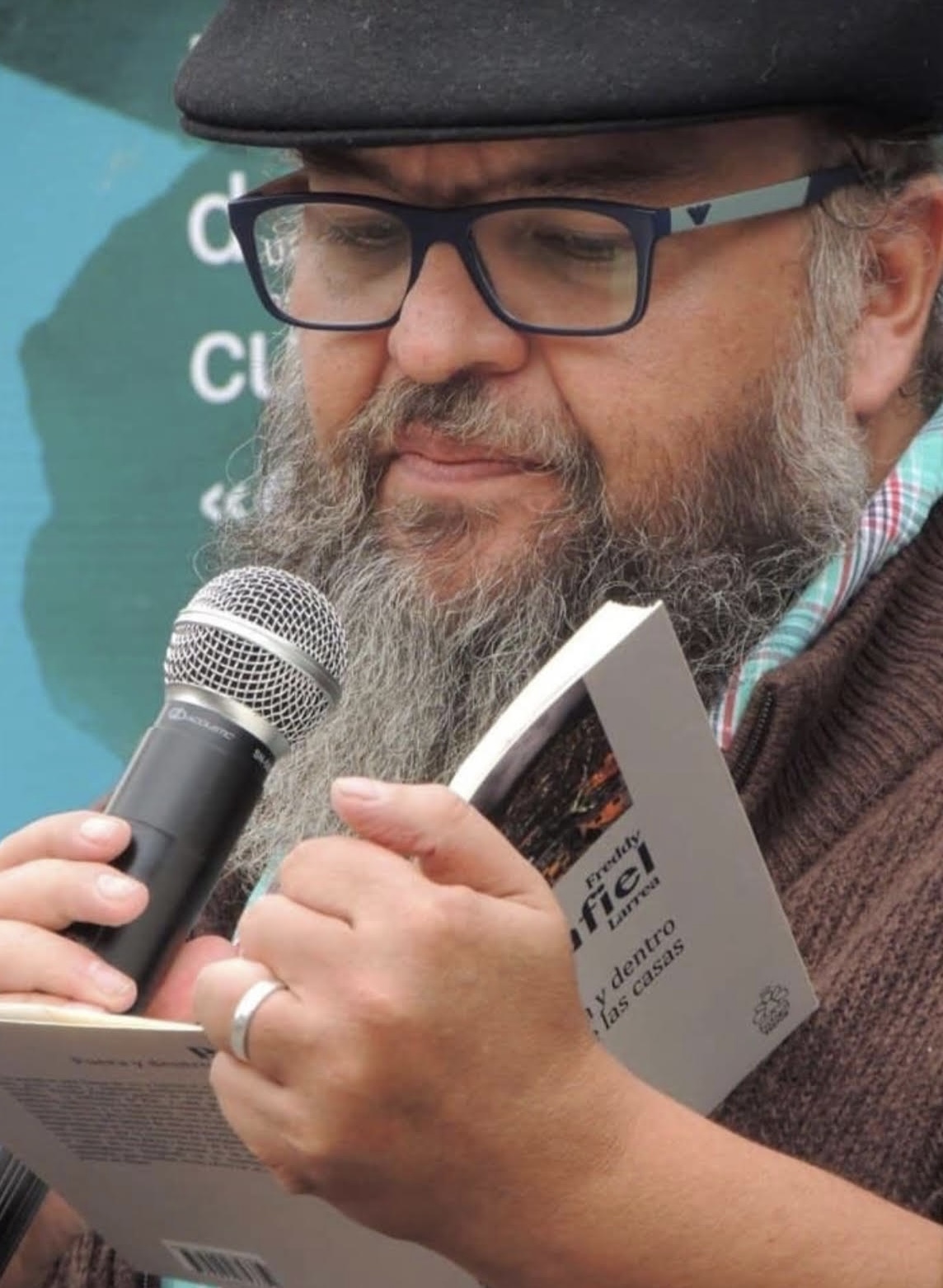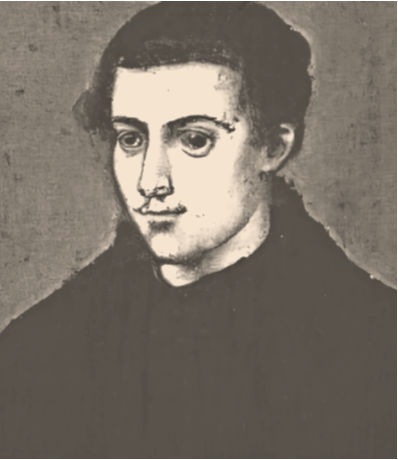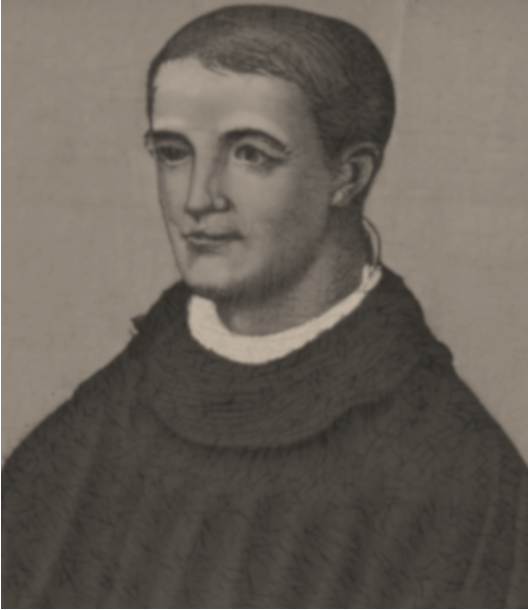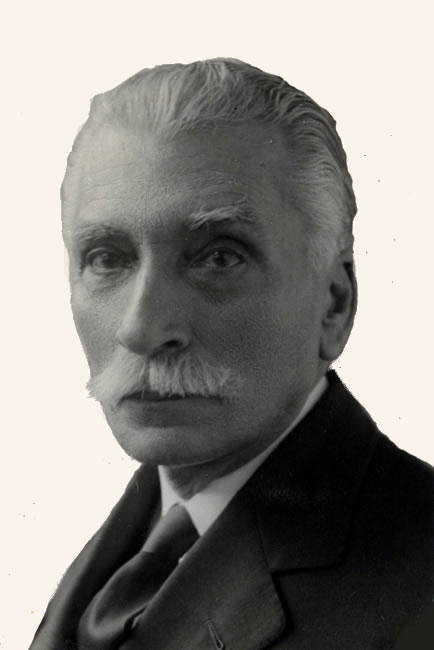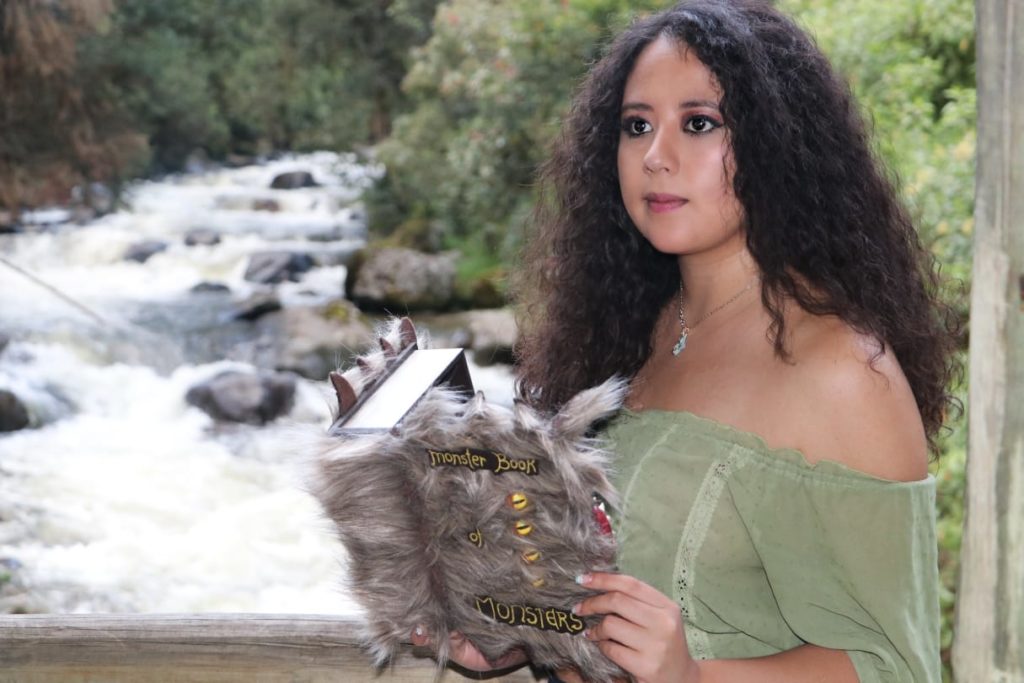Esperanza Matheus y Yerovi (Guayaquil, March 2, 1917 – December 1, 2006) was a distinguished Ecuadorian linguist, academic, writer, and cultural advocate. Among her notable works were “Mito y Mística del Siete,” “Ecuatorianismos de Costa y Sierra,” and “César Andrade y Cordero: Vida y Obra.” Her commitment to advancing culture was recognized with significant honors, including her election as a member of the Ecuadorian Academy of Language in 1980, where she delivered an impactful speech titled “La Participación de la Mujer Ecuatoriana en la Creación de la Cultura del País” (The Participation of Ecuadorian Women in the Creation of the Country’s Culture). Additionally, she received the Lazo de Dama de la Orden del Mérito Civil from Francisco Franco and the Lazo de Dama de la Orden de Isabel la Católica, presented by Juan Carlos I of Spain. Esperanza Matheus y Yerovi’s contributions to Ecuador’s cultural and literary landscape remain an enduring testament to her legacy.
Continue reading “Esperanza Matheus y Yerovi”Category: Poets
Josefina Egas Montalvo
Josefina Egas Montalvo (Guayaquil, 1920 – February 2, 2014) was an Ecuadorian poet and a writer. She was known for her contributions to poetry and literature, as well as her dedication to education. Among her notable works are “Poetas Periodistas Guayaquileños” (2007), a comprehensive exploration of the biographies of Guayaquil’s literary figures, and her inclusion in “La Voz de Eros: Dos Siglos de Poesía Erótica de Mujeres Ecuatorianas” (2006), highlighting her poetry alongside other renowned female authors. Her dedication to literature and education earned her several awards and recognitions, including honors from the Casa de la Cultura Ecuatoriana and the Círculo de Periodistas del Guayas. In 2011, she received a prestigious award for her exceptional career as a teacher and poet, cementing her legacy in Ecuadorian literature.
Continue reading “Josefina Egas Montalvo”Pedro Florentino Valdez
Pedro Florentino Valdez Alcivar, originally from Rocafuerte, stood as a testament to raw poetic talent. Despite not being able to read or write, he had an extraordinary ability to share profound thoughts through the oral tradition. In his younger years, he settled in Chone, where the environment deeply influenced his oral verses. Milton Erazo Vera compiled and introduced Valdez’s spoken poetry to a broader audience through “El poeta de la Montaña” in 1957. Horacio Hidrovo further honored Valdez by depicting him as deeply connected to nature’s essence. By the 1990s, “Amorfinos costeños” compiled various forms of Valdez’s oral poetry, from décimas to quartets. His work, abundant with themes like love, hardships, natural beauty, and cultural celebrations, reflected his desire to connect with the written word. Valdez’s legacy remains a powerful reminder of the beauty of oral traditions and our deep bond with nature.
Continue reading “Pedro Florentino Valdez”Juan Suárez Proaño
Juan Suárez Proaño (Quito, 1993) is an Ecuadorian poet and editor. He studied Communication and Literature at the Pontifical Catholic University of Ecuador and has written several acclaimed poetry collections, including “Lluvia sobre los columpios” (2014) and “Las cosas negadas” (2021), which won a national poetry award in 2021. In addition to his writing, Proaño works as an editor for El Ángel Editor, a publishing house, and coordinates “Poesía en Paralelo Cero,” an international poetry event in Ecuador. His blend of literary talents has made him a significant figure in both the local and international literary community.
Continue reading “Juan Suárez Proaño”Ángela Arboleda
Ángela Arboleda Jiménez (Guayaquil, 1969) is a journalist, publicist, dancer, oral storyteller, writer, cultural manager, and teacher. Her literary career began under the mentorship of Miguel Donoso Pareja, and she has published works such as “Cuentos y tradiciones orales del Ecuador” (2006), “Nadie sabe qué hará mañana” (2008), “Tuétano” (2021), and “Esa mujer es la muerte” (2022). A dedicated preserver of oral traditions, Arboleda has toured festivals for over 20 years, and her significant contributions to cultural management are marked by her leadership in various storytelling events. She has been recognized with nominations for Woman of the Year in Art and Culture. She holds advanced degrees in Cultural Management and teaches at the University of the Arts (UArtes) in Guayaquil.
Continue reading “Ángela Arboleda”Fredy Byron Arias Calero
Fredy Byron Arias Calero is an Ecuadorian medical doctor and poet. He is a member of the literature section of the Chimborazo chapter of the House of Ecuadorian Culture, and the International Network of Writers for the Earth (RIET), an organization advocating for a shift in attitudes to promote greater respect for the Earth and all its inhabitants. His 2021 work, “Poesías del Silencio Escrito,” further attests to his remarkable contribution to the realm of poetry.
Continue reading “Fredy Byron Arias Calero”Gladys Paredes Bonilla
Gladys Erminia Paredes Bonilla (Riobamba, 1965) is an Ecuadorian poet and educator. She is a member of the literary section of the Chimborazo chapter of the House of Ecuadorian Culture. She represented Ecuador at the 2020 “Second Virtual Book Fair Italy.” Bonilla is part of the “Vuelo de Mujer” movement, a group of 45 women using poetry to combat violence against women and promote respect. Her 2018 poetry collection “Instantes,” was published by the Chimborazo branch of the House of Ecuadorian Culture.
Continue reading “Gladys Paredes Bonilla”Fernando Macías Pinargote
Fernando Macías Pinargote (Portoviejo) is an Ecuadorian author, poet, and academic known for his contributions to the cultural and literary landscapes of his home province of Manabi. His illustrious career spans roles as a cultural promoter, a newspaper editorialist, a professor, and a director of various cultural institutions. Macías Pinargote’s literary repertoire is equally impressive, featuring diverse works from poetry collections like “El bus de las 5” (1976), “Teoría del juego” (2007), and “El signo” (2011) to journalistic chronicles like “La Primera pantalla” (2003) and his latest work in 2023, “El fútbol junto al río,” a historical account of establishing Portoviejo’s first soccer stadium. His unique narrative style and commitment to the cultural enrichment of his country distinguish Macías Pinargote as a significant figure in Ecuadorian literature, journalism, and academia.
Continue reading “Fernando Macías Pinargote”Roxana Landivar
Roxana Landívar (Guayaquil, 1997) is an Ecuadorian poet. Landívar’s poignant poems, characterized by their evocative imagery and exploration of human themes, have garnered wide acclaim. They have been published not only in her collections “Ciudades cemento” (2019) and “Fractura primaria” (2020) but also in distinguished magazines and anthologies across Ecuador, Peru, Mexico, Argentina, Brazil, and the United States. With her participation in various festivals and international book fairs, Landívar continues to enrich the Latin American literary sphere, reaching out to a broader audience, and shaping conversations around contemporary poetry.
Continue reading “Roxana Landivar”Freddy Peñafiel Larrea
Freddy Peñafiel Larrea (Quito, January 5, 1972) is an Ecuadorian poet, critic, radio host, educator, and public servant. He has published seven collections of poetry since 1992, which include compelling titles like “Del amar, de la mar” (1995), “Del asombro de las sombras” (1997), “Anzuelos” (2003), and “Presagios” (2009). His unique poetic voice earned him numerous accolades throughout his career. He received a special mention in the 1995 Hugo Mayo poetry contest, secured second place in the Jorge Carrera Andrade poetry biennial in 1996, and won first place in the “Escribir y Publicar” poetry contest in 1997. Not only do his verses grace the pages of his own collections, but they can also be found in numerous anthologies, marking him as a vital and vibrant voice in Ecuadorian poetry.
Continue reading “Freddy Peñafiel Larrea”José de Orozco
José de Orozco (Riobamba, March 18, 1733) was a renowned Jesuit priest and poet. Educated at the University of San Gregorio Magno in Quito, he joined the Society of Jesus in 1748 and devoted himself to both religious service and academic pursuits. However, the expulsion of the Jesuits from Spanish territories in 1767 marked a significant shift in his life. After resettling in Italy, Orozco turned to literature as a means of expressing his feelings of exile and nostalgia, most notably in his poem “Lamentos de la musa de Chimbaraso aflijida con las penas de su destierro,” a deeply nostalgic poem reflecting his longing for his homeland. Among his other significant works, “La Conquista de Menorca” stands out as a monumental epic poem, earning Orozco a place among the great poets of the 18th-century Spanish colonial period.
Continue reading “José de Orozco”Pedro Pablo Berroeta
Pedro Pablo Berroeta (Cuenca, June 29, 1737 – Seville, Spain, July 15, 1821) was an acclaimed poet, Jesuit, and missionary, who left a remarkable footprint in the literature of the 18th century. Berroeta became a key figure during the Real Audiencia of Quito and is well-remembered for his masterpieces “La Pasión de Cristo,” a poem of 1026 royal octaves, and “Coplones del Viejo.” Despite facing expulsion from the Jesuit order and having to continue his religious work as a secular priest, Berroeta’s indomitable spirit led him to create profound literary works. His poetry, characterized by its raw emotional depth and nostalgic resonance, significantly shaped what is known as Cuenca poetics. Even two centuries after his death, Berroeta’s contribution to the literary world continues to be celebrated and studied.
Continue reading “Pedro Pablo Berroeta”Alfredo Baquerizo Moreno
Alfredo Baquerizo Moreno (Guayaquil, September 28, 1859 – New York City, March 20, 1951) was a prominent Ecuadorian politician, author, and intellectual figure of the early 20th century. Baquerizo Moreno excelled in various fields throughout his life. He displayed his artistic talents through his poetry, influenced by Spanish author Gustavo Adolfo Bécquer, and his novels, which showcased his imaginative storytelling. Baquerizo Moreno’s career in politics was equally impressive, serving as the President of Ecuador from 1916 to 1920. During his presidency, he implemented progressive reforms and prioritized social justice, advocating for the abolition of debt imprisonment and improving labor conditions. Baquerizo Moreno’s lasting contributions to literature and his dedication to public service have secured his place in Ecuadorian history as a multifaceted and influential figure.
Continue reading “Alfredo Baquerizo Moreno”Carlos Carbo Viteri
Carlos Carbo Viteri (April 13, 1865 – August 13, 1922) was a distinguished Ecuadorian poet, translator, congressman, and diplomat, renowned for his substantial contributions to his country’s literature and politics. Influenced by classical Greek and Latin literature, his romantic poetry captured the nuances of everyday life, earning him recognition and acclaim. His poignant poem “A Guayaquil,” composed for the centennial birth anniversary of Vicente Rocafuerte, notably secured him the second prize in a 1883 poetry contest. He also translated foreign works, such as Alphonse de Lamartine’s “El Poeta Moribundo,” into Spanish, making them accessible to a wider audience. In his political career, Carbo Viteri served actively as a congressman while passionately advocating for conservative principles. His service extended to several important positions including the Secretary of the Guayas Governorate and the Municipal Syndic of Guayaquil. Additionally, he represented Ecuador internationally as its Chargé d’Affaires in Chile. His impactful work in both the literary and political spheres has left an enduring imprint on Ecuador’s cultural and political history.
Continue reading “Carlos Carbo Viteri”Paola Cando
Paola Cando Bermeo (Cuenca, January 25, 1995) is an Ecuadorian writer and poet. Her journey in literature began in 2012 when she published “Parchís,” a collection of several young authors from the city of Cuenca. Two years later, she was part of the poetic anthology “Nuevas Voces de la Poesía Cuencana,” presented at the XII Encounter on Ecuadorian Literature by the State University of Cuenca. In 2015, along with numerous Latin American authors, she was featured in the poetic anthology “90 revoluciones,” published by the independent publisher Mecánica Giratoria. 2017 saw her collaborate with the independent publisher Ninacuro Cartonera on another poetic anthology titled “Cirugía inflamable.” In 2020, her poem “Chendoaventuras” was selected to be featured in the book “Poemas sobre dos ciudades.” This book compiled the winning entries from the Azogues and Cuenca 2020 Poetry Prize Competition, as well as additional poems from the same competition, chosen by the jury.
Continue reading “Paola Cando”
